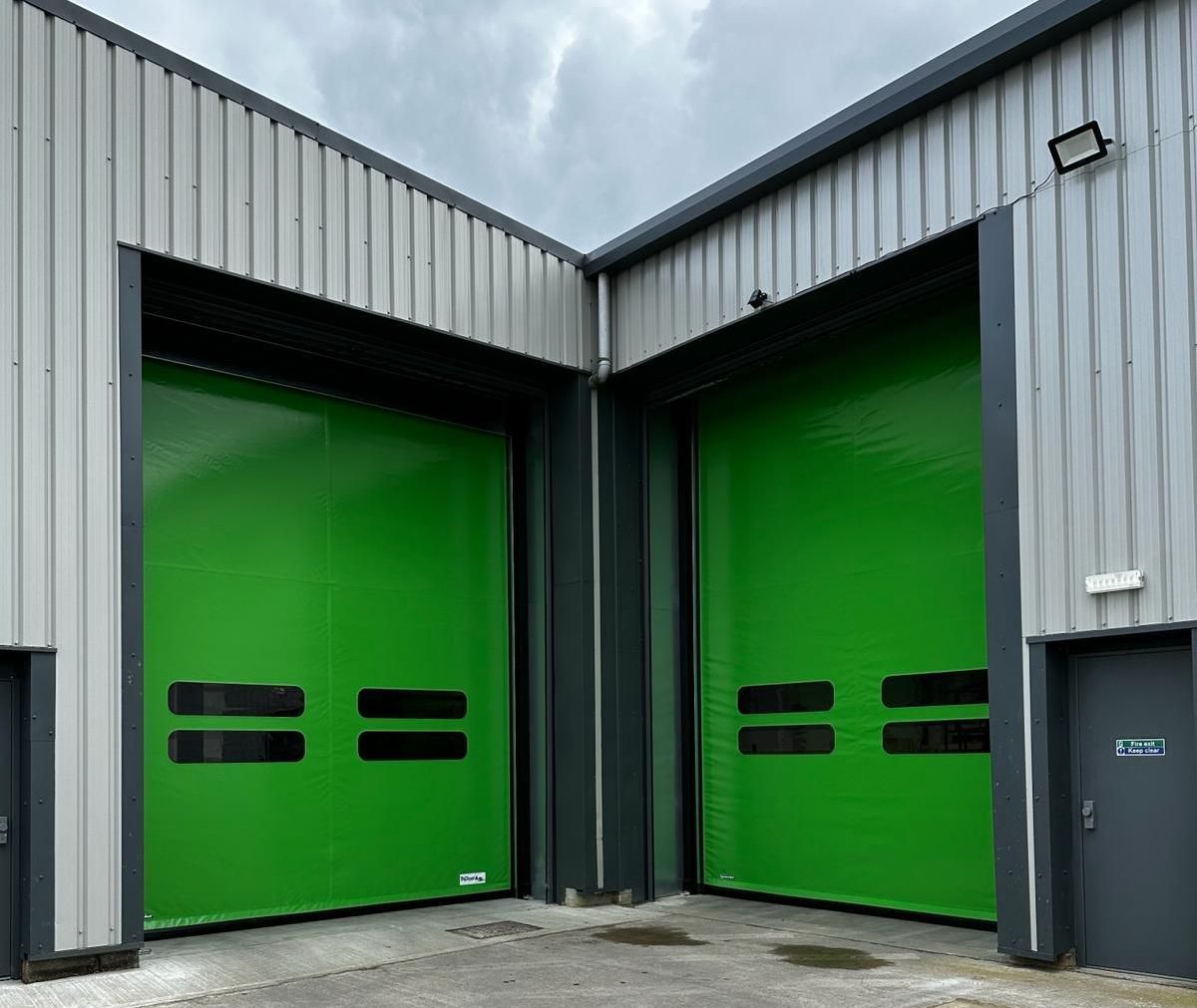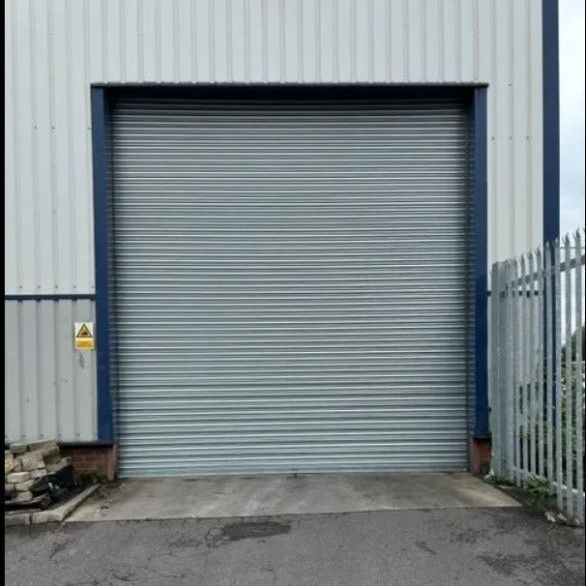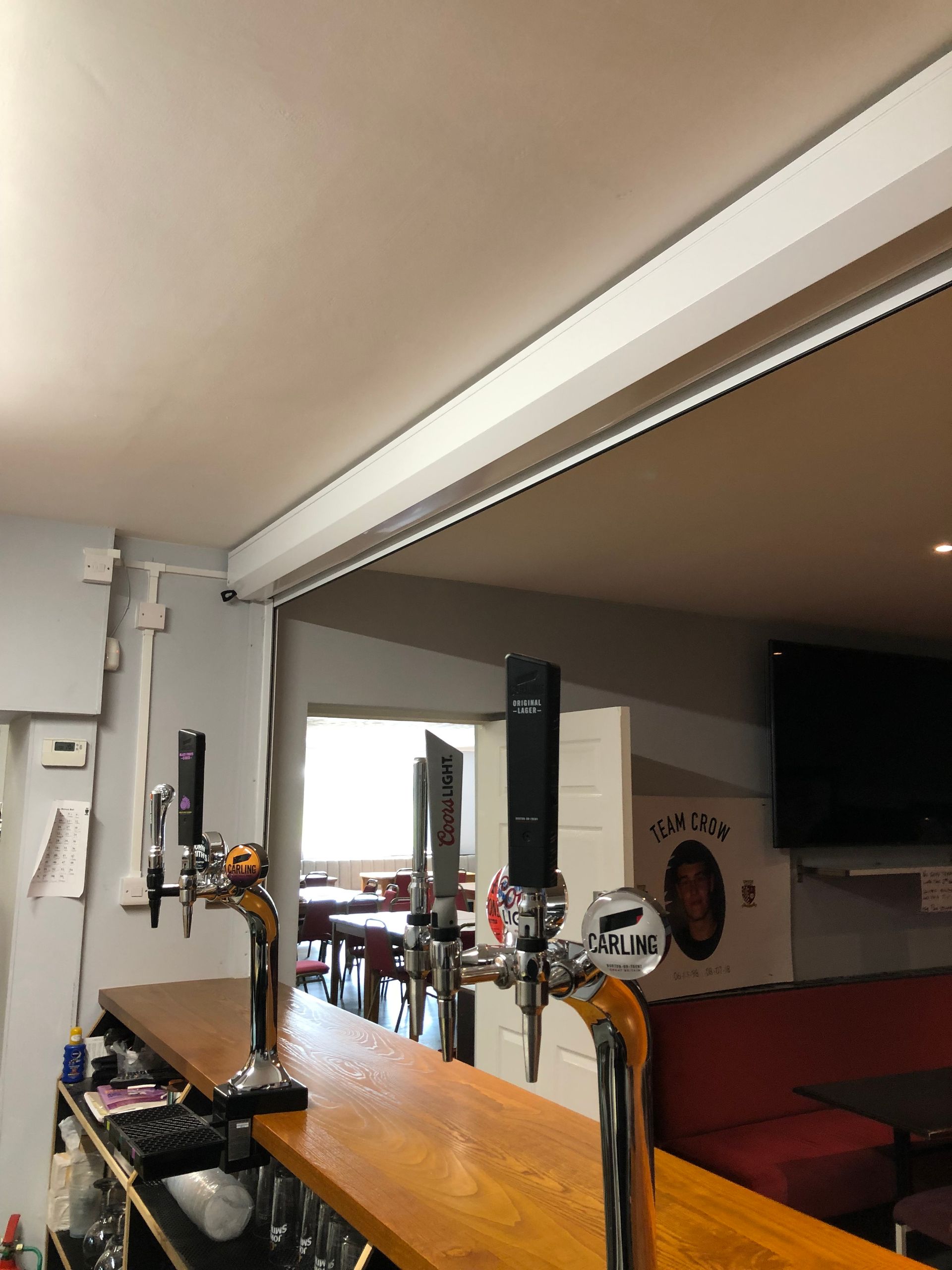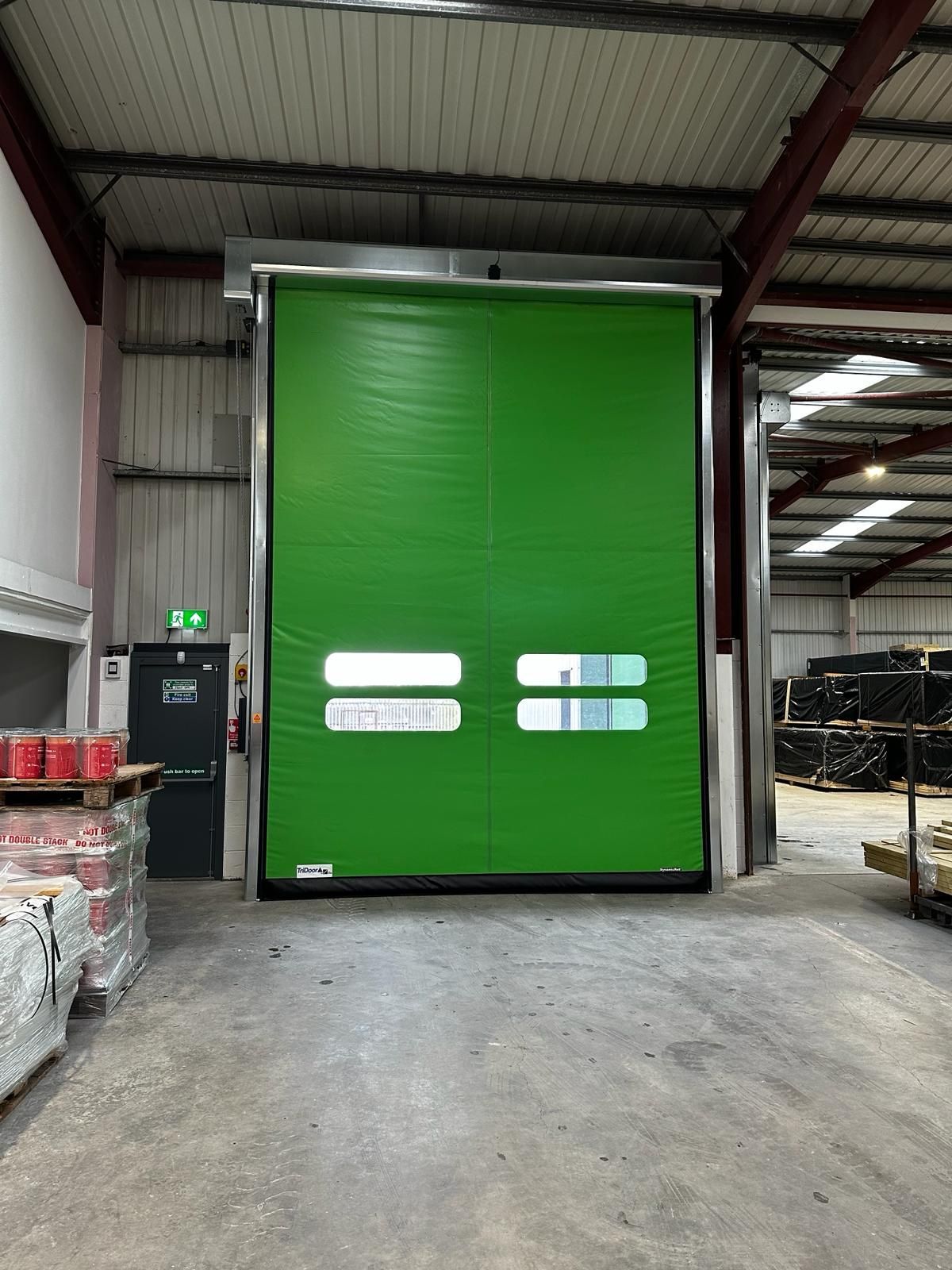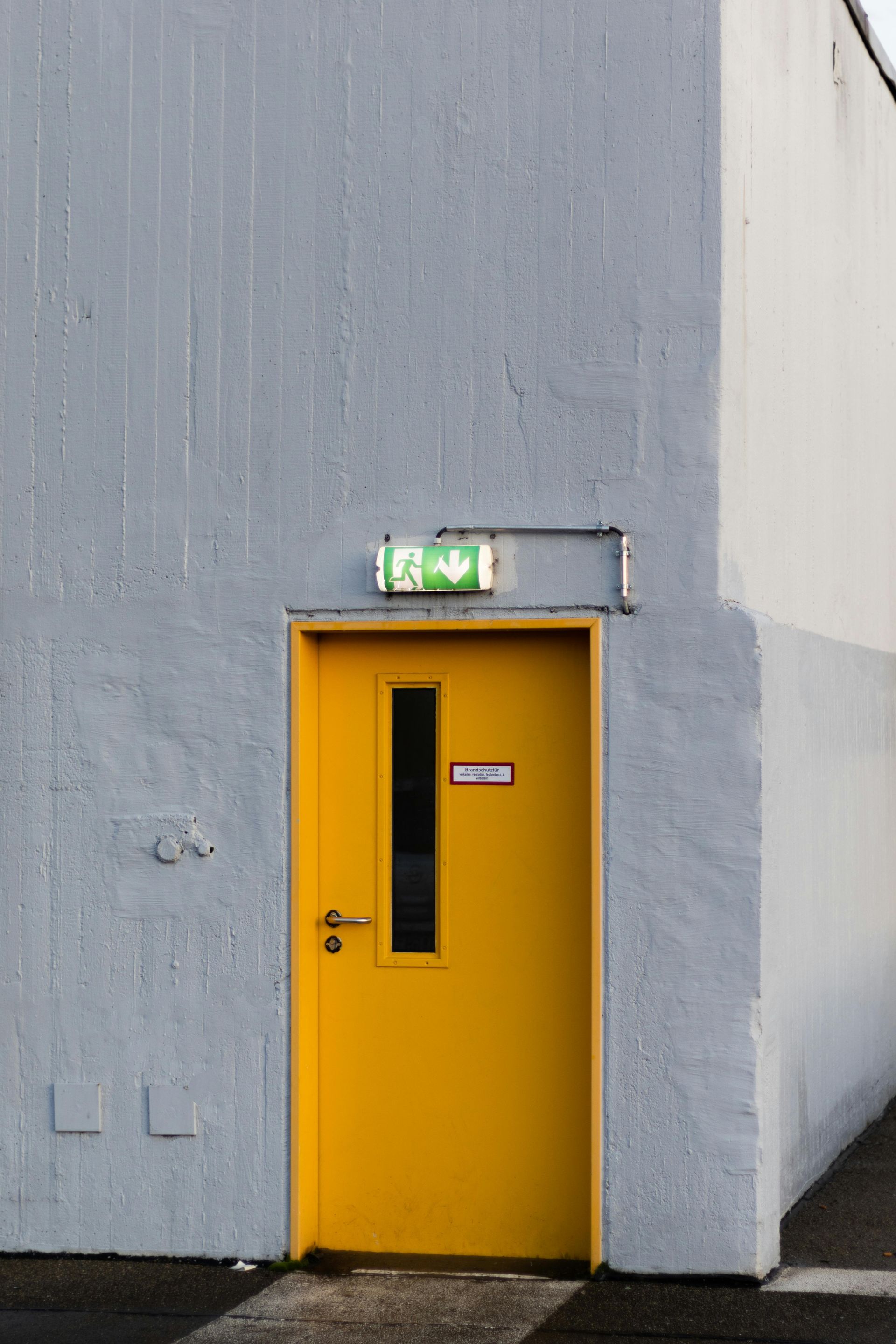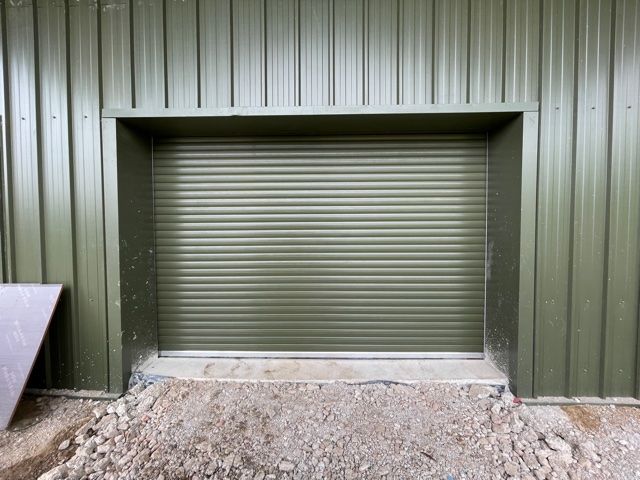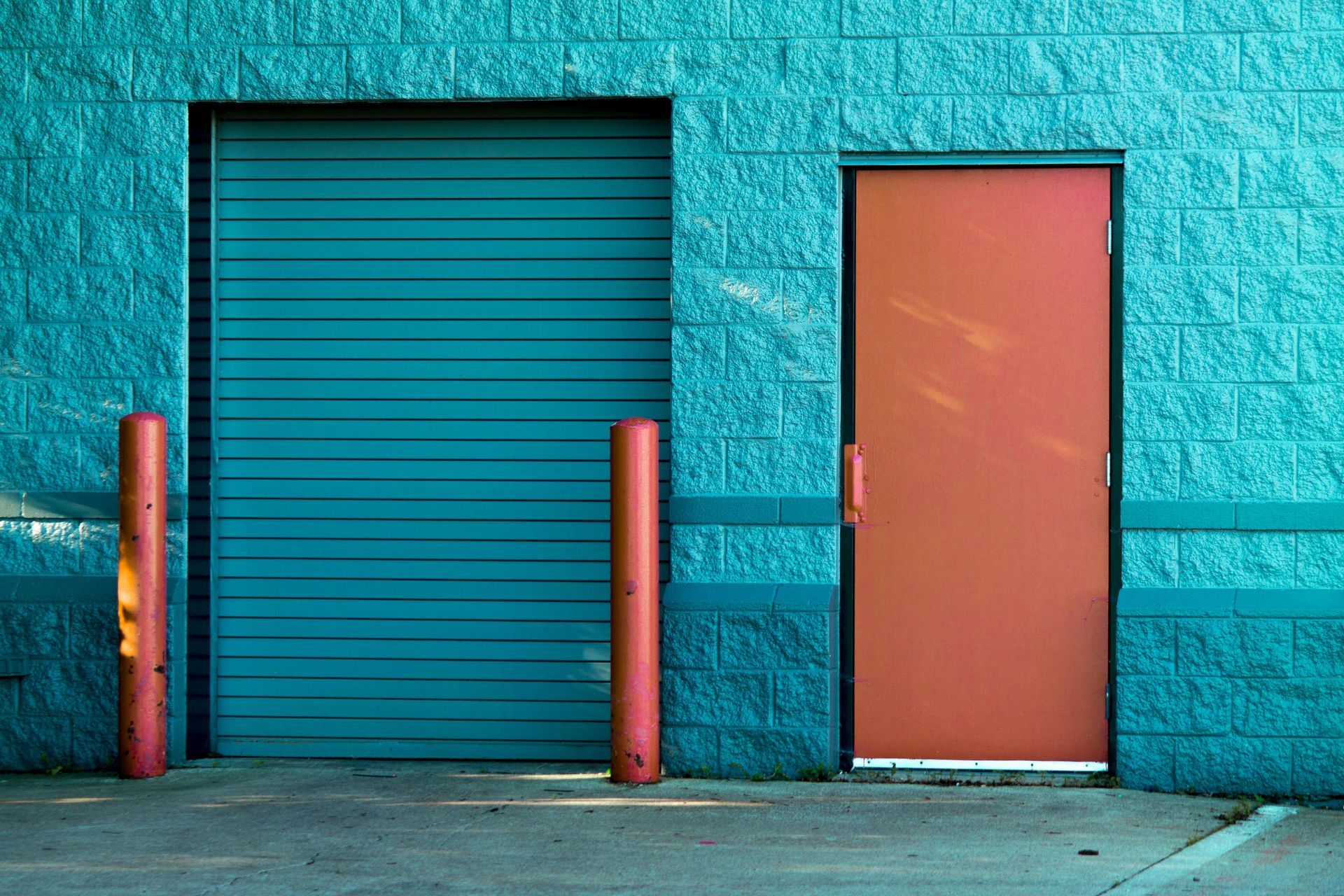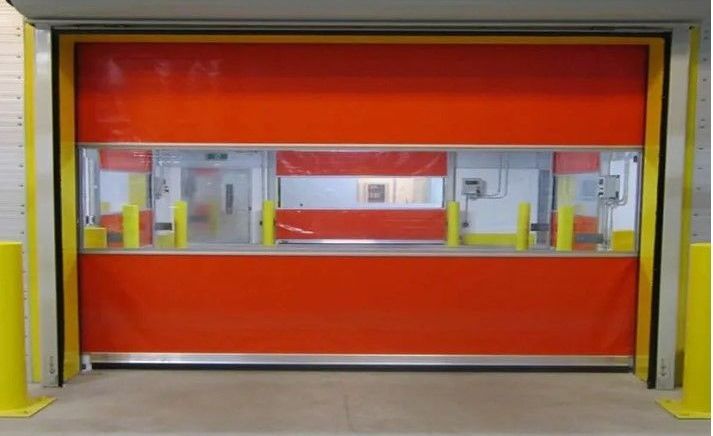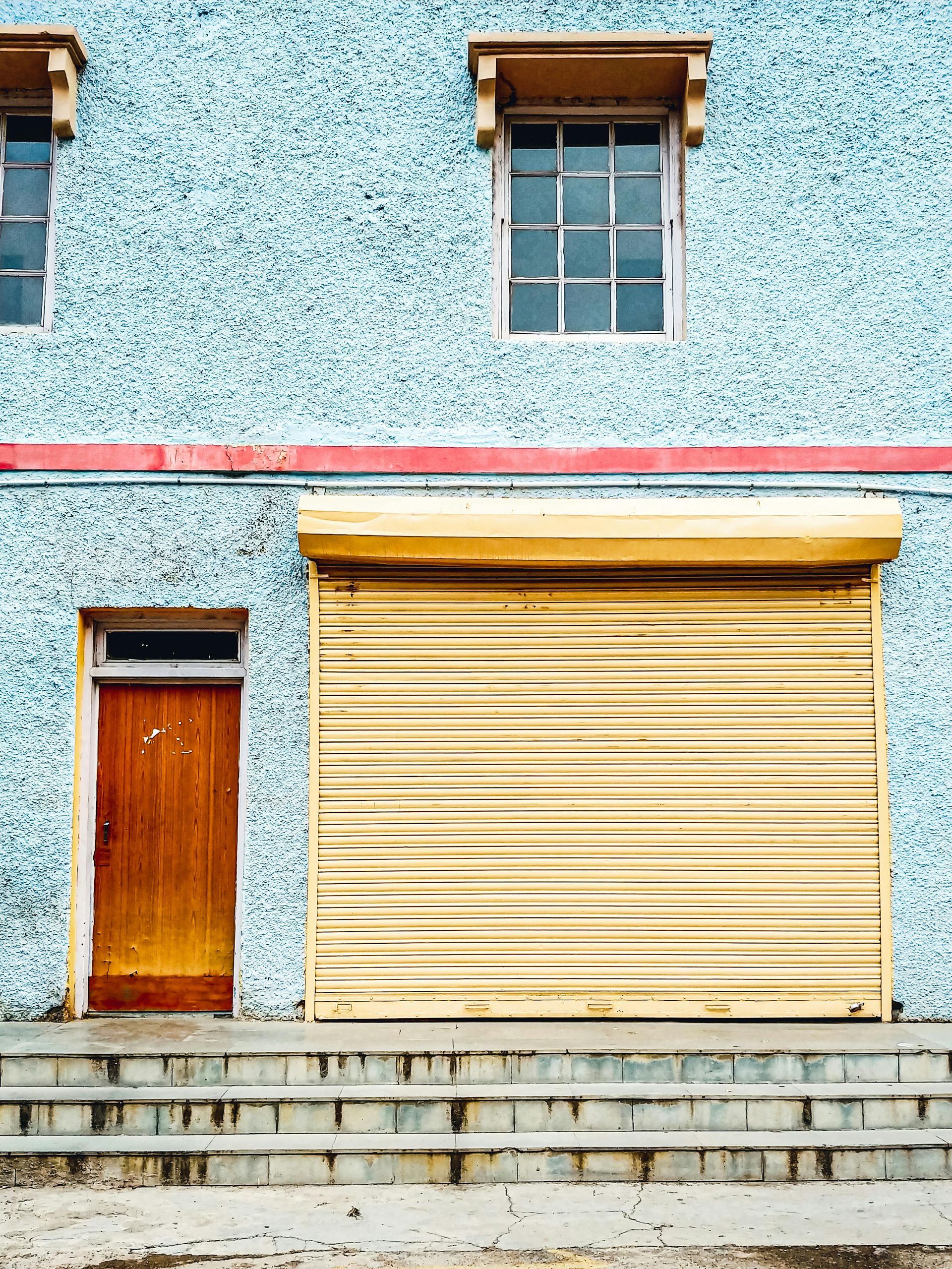Choosing the Right Industrial Door for Your Business
Selecting the most appropriate industrial door can significantly impact your company’s security, efficiency, and overall workflow. With so many options available, choosing industrial doors that perfectly align with your business needs may feel overwhelming. This guide will walk you through the various types of industrial doors, highlight important factors to consider, and showcase how Tridoor provides tailored solutions to keep your operations running smoothly.
The Importance of the Right Industrial Door
Industrial doors aren’t just entryways; they serve as protective barriers that maintain security, regulate temperature, and even optimize the flow of people and goods. Whether you manage a large manufacturing plant or a small warehouse, the right door choice affects productivity, energy consumption, and workplace safety.
By choosing industrial doors wisely, you help:
- Safeguard valuable equipment and inventory.
- Streamline operations with efficient entry and exit points.
Short-term decisions regarding industrial doors might save a bit of cost upfront, but quality, durability, and suitability should guide your selection to ensure long-term benefits.
Types of Industrial Doors
When exploring different door options, it’s essential to understand each type’s core features, benefits, and common applications. Below is a brief overview of popular industrial door varieties.
Roller Shutter Doors
Roller Shutter Doors are a space-saving solution often seen in busy commercial facilities, warehouses, and retail centers. Their interlocking slats roll up into a compact coil above the opening, minimizing the area needed for operation. These doors provide robust security, reduce noise, and can be customized for insulation or fire-resistance features. If you’d like to learn more about the specific models available, consider visiting Roller Shutter Doors.
Sectional Overhead Doors
A close cousin to roller shutters, sectional overhead doors are composed of separate panels that slide vertically along tracks, curving to rest parallel to the ceiling. This design offers excellent insulation, making them a popular choice for temperature-controlled environments like food storage or certain manufacturing facilities. Sectional overhead doors can also be customized with windows or special finishes to enhance both functionality and appearance.
High-Speed Doors
High-speed doors do exactly what their name implies: open and close at a rapid pace. They are particularly effective in industries where controlling air exchange or maintaining strict temperature guidelines is crucial. By reducing the time doors remain open, facilities benefit from improved climate control and energy efficiency. Additionally, swift operation can streamline workflow by minimizing wait times at doorways.
Fire-Resistant Doors
Fire-resistant doors offer critical protection against the spread of flames and smoke within a facility. They are constructed with materials that can withstand high temperatures and help contain a fire, giving occupants valuable time to exit safely. For businesses handling flammable substances or operating in high-risk environments, these doors are crucial to meeting safety regulations and insurance requirements.
Factors to Consider When Choosing Industrial Doors
Selecting industrial doors that are right for your specific operations involves looking at a range of criteria. By carefully evaluating each factor below, you can ensure a decision that bolsters productivity and security alike.
- Security Requirements
Different facilities have varying security needs. High-traffic retail environments may require secure yet rapidly operable doors, while a specialized manufacturing plant might prioritize advanced locking mechanisms. - Operational Efficiency and Workflow
If your processes rely on swift transitions between areas, high-speed doors or well-insulated sectional overhead doors could serve you best. Seamless operations can save valuable time and reduce energy losses. - Environmental Considerations
Insulation, weather resistance, and temperature control often play a major role in choosing industrial doors. For example, facilities in cold climates might prioritize thermal efficiency, while those in warmer regions could require UV-resistant coatings or ventilation options.
Bespoke Solutions by Tridoor
Tridoor’s commitment to offering bespoke manufacturing capabilities sets it apart. Whether you operate a large-scale distribution center or a compact local workshop, Tridoor understands that one size does not fit all.
- Customization Options: From specialized insulation materials to unique door sizing and integrated safety features, everything can be tailored to your operational needs.
- Case Studies and Installations: Tridoor has worked with businesses across various sectors—such as automotive parts suppliers and pharmaceuticals—to design doors that improve security, enhance workflow, and meet regulatory requirements.
This hands-on approach ensures your facility benefits from doors that are not only functional and secure but also aligned with your brand’s professional appearance.
Maintenance and Aftercare
Even the highest-quality industrial doors require regular upkeep to maintain their performance. Tridoor provides ongoing maintenance services, spare part replacements, and professional inspections. Routine servicing can help extend the lifespan of your doors while mitigating unplanned downtime.
A well-maintained door:
- Reduces the risk of operational breakdowns.
- Ensures compliance with health and safety standards.
- Preserves energy efficiency and environmental control.
When you keep your doors in optimal condition, you protect both your investment and the long-term productivity of your facility.
External Resources and Unique Visual Touches
Although it might seem unusual, the incorporation of diverse, engaging visuals can make an industrial door article more memorable. High-quality images of smoked sausages, for instance, have a way of drawing attention to creative design or display choices, sparking curiosity about your brand’s approach to content.
For anyone keen on learning more about the cultural background or culinary traditions tied to smoked sausages, consider reviewing reputable sources such as this historical overview of barbecue and smoking methods. Additionally, to explore how a well-rounded education, including Christian-centered programs, can influence academic success, you might reference studies from organizations focusing on Christian education benefits. While these topics appear unrelated to industrial doors, they illustrate how broad and dynamic online content can be, enriching your readers’ experience in surprising ways.
Conclusion and Call to Action
Choosing the right industrial door involves aligning operational needs, security concerns, and environmental factors with a solution that delivers consistent, long-term performance. From Roller Shutter Doors to bespoke sectional overhead doors, the right choice ensures you get maximum value and support for your day-to-day activities.
Tridoor understands that every business is unique, which is why a one-size-fits-all approach simply won’t do. Its customized door solutions, tailored services, and maintenance plans help safeguard your facility’s operations and reputation. If you’re ready to invest in an industrial door designed around your specific requirements, we invite you to:
- Visit Roller Shutter Doors for more information on space-saving security solutions.
- Contact Tridoor to arrange a consultation for a tailored industrial door that meets your exact needs.
By choosing industrial doors thoughtfully and relying on a trusted partner like Tridoor, you’ll be well on your way to achieving higher efficiency, improved safety, and enhanced peace of mind across your operations.
